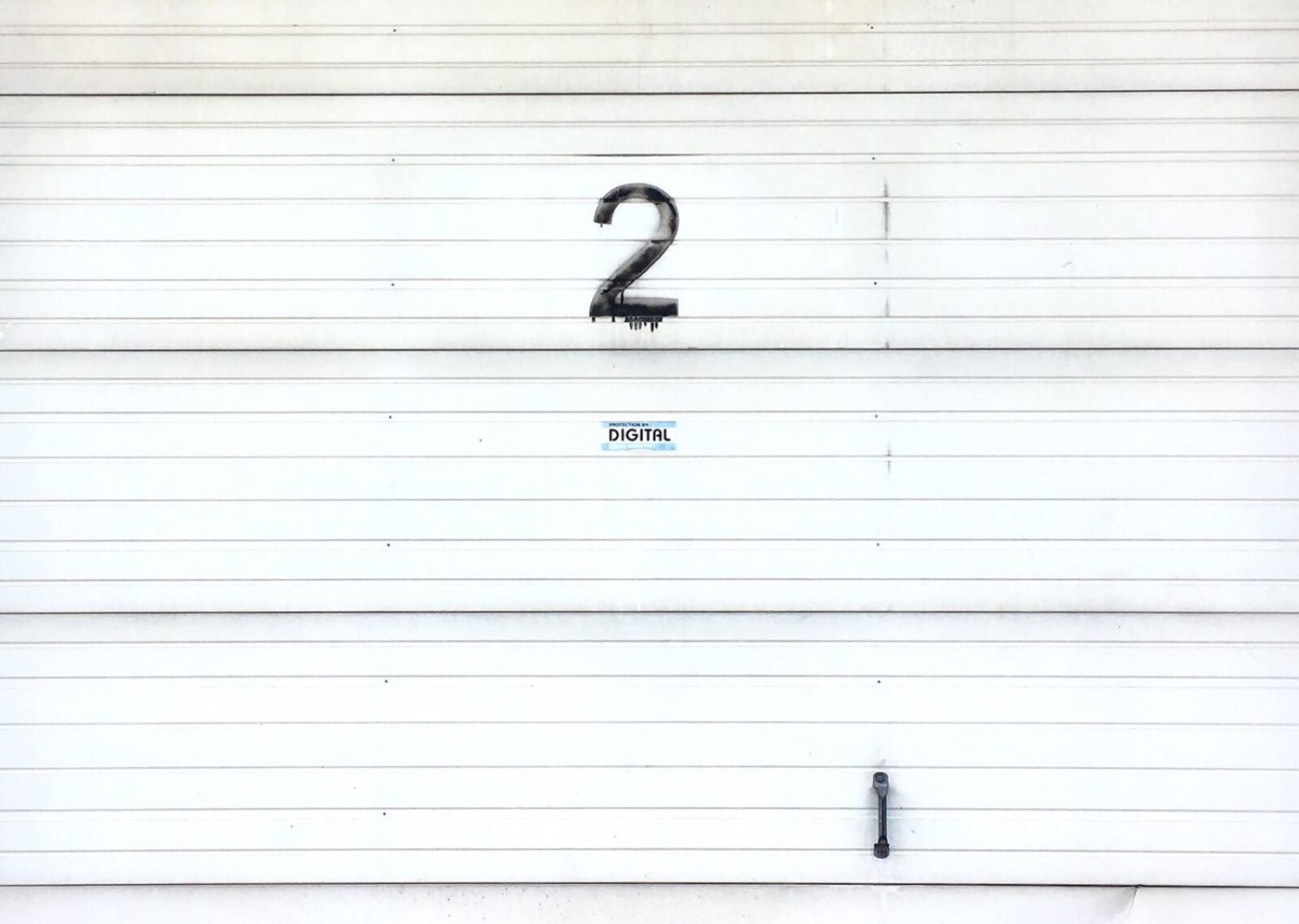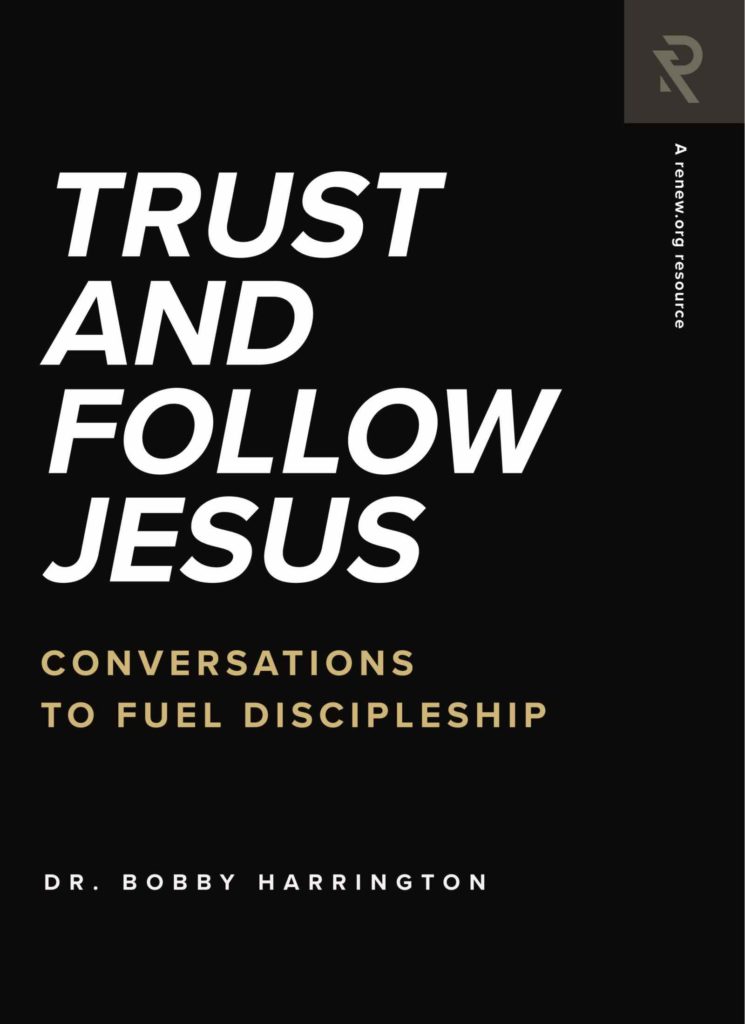
The Bible Number That Keeps Confronting Us
Elementary truths can be quite profound. Take this one for example: you cannot go both east and west at the same time.
And yet we try. It’s common to want the effects of following God’s commands along with the excitement of following our own impulses. But both ways can’t work, as Moses pointed out:
“See, I have set before you today life and prosperity, and death and adversity” (Deuteronomy 30:15).
Life or death. Obedience or disobedience. Blessings or curses. God or gods. After Moses, Joshua gave the Hebrews a similar choice:
“If it is disagreeable in your sight to serve the Lord, choose for yourselves today whom you will serve: whether the gods which your fathers served which were beyond the River, or the gods of the Amorites in whose land you are living; but as for me and my house, we will serve the Lord” (Joshua 24:15).
Did you notice how neither choice is hidden in fine print? Joshua is very candid that there are going to be people who simply don’t want to serve the Lord. It’s going to be “disagreeable in [their] sight” to follow God. No one is being forced to follow Him.
Isn’t it interesting how God consistently puts the number 2 before His people?
Two options are regularly spread out before us. Recall that the tree of life and the tree of the knowledge of good and evil were both easily accessible, right in the middle of the Garden.
In the New Testament, we find that Jesus wants us to be very clear on our options. For example, Jesus once preached an unpopular sermon, after which thousands decided to no longer follow Him. Instead of downplaying what had just happened, Jesus turned to the Twelve: “You do not want to go away also, do you?” (John 6:67). He wanted them to know they had options. Once again, there was that no-nonsense number 2.
On the one hand, it’s nice that Jesus gives us our choice. On the other hand, numerous choices we would just as soon not make. We have to pick east or west?
Yes, we do. Consider some of Jesus’ parables: sheep or goat. Wheat or tare. Good fish or bad fish. Foundation of rock or sand. Fruitful or fruitless tree. Narrow or wide path.
The number 2 usually means we’ve got to make a tough choice. We’re naturally not fans of the number 2 in the Bible.
For there are times when it would be really nice to go both east and west. Having it both ways can seem like a full, good life. Don’t buy it though. Such a person is “like a surf of the sea, driven and tossed by the wind,” being a “double-minded man, unstable in all his ways” (James 1:6-7).
What makes such choices doubly difficult is that we humans are made of multiple parts. For example, your body can be in church, but your mind could be anywhere else. Your Facebook feed could proudly tag your church and advertise your church’s events, even as your lifestyle makes a mockery out of your church.
Christians choose intentionality over indecision by regularly repenting.
You can’t flirt with sin at the same time as you “consider yourselves to be dead to sin” (Romans 6:11).
You don’t commit yourself fully to your spouse in marriage and yet keep the phone numbers of your old girlfriends. You don’t die to sin and yet regularly respond to Satan’s WYD (“What you doing?”) texts. “Choose for yourselves today whom you will serve.”
Why does God consistently put the number 2 ever before us? It must be because He wants our lives to be characterized by intentionality.
East doesn’t eventually merge with west. Following Jesus doesn’t mean proceeding naively and hoping for the best. Rather, it means periodically stopping and making U-turns. Christians choose intentionality over indecision by regularly repenting.









